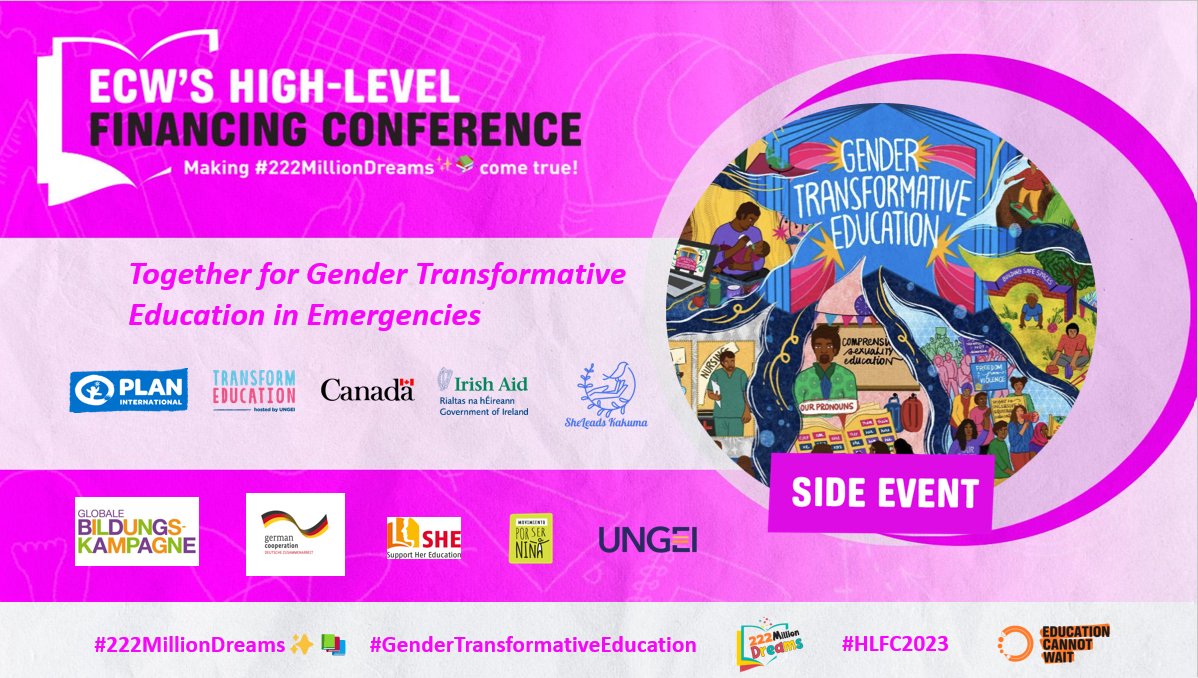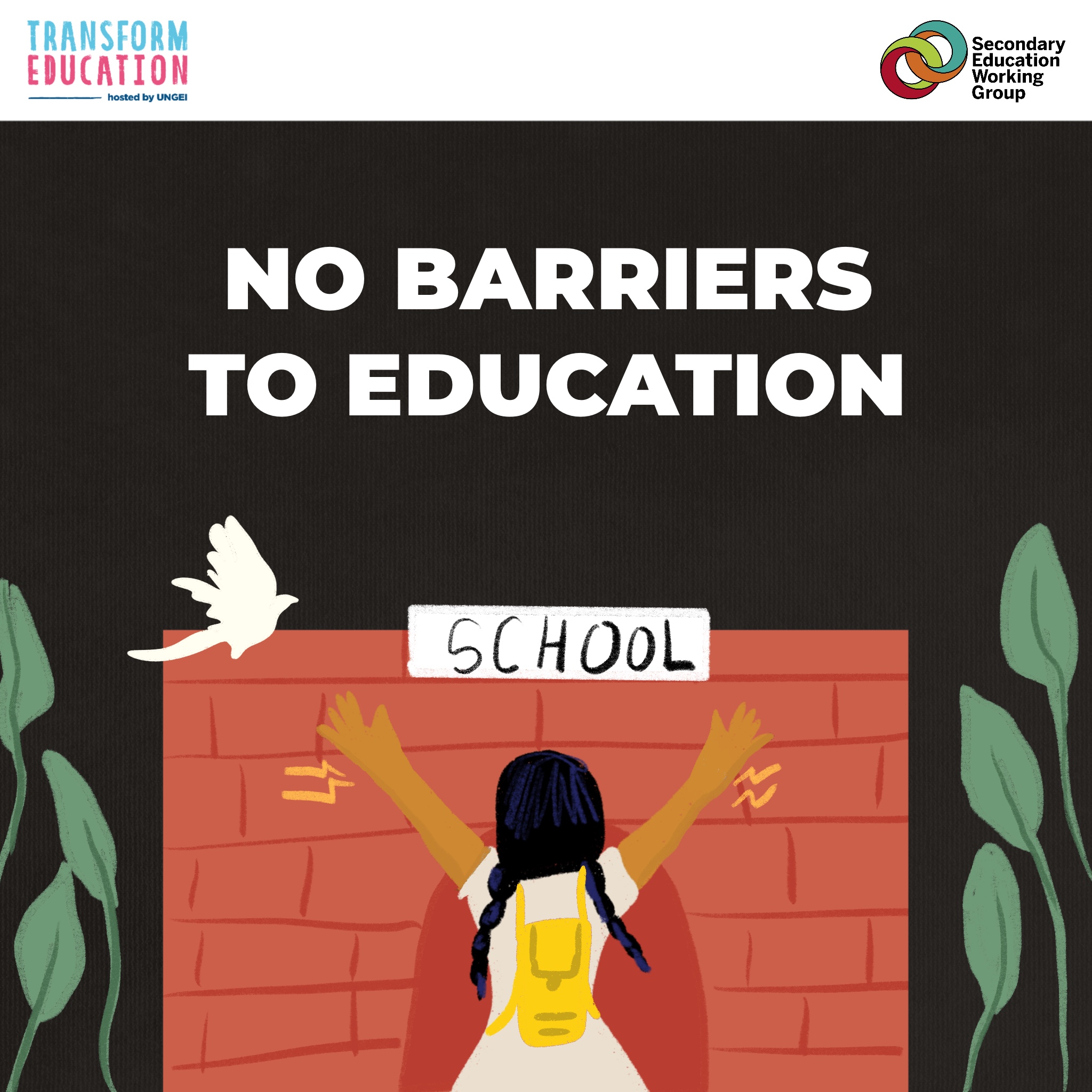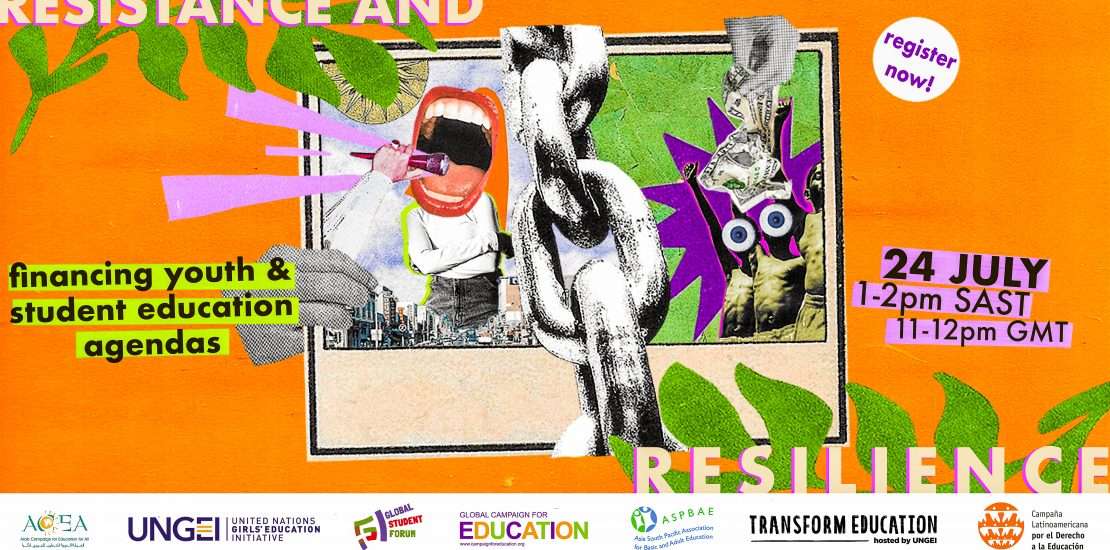The COVID-19 pandemic has exacerbated existing inequalities, disproportionately impacting girls’ rights to education, safety and bodily autonomy. To truly “build back equal”, gender equality must be at the centre of recovery plans and strategies. Convincing leaders to prioritise gender equality - including girls’ education - requires research to back up activists’ demands, recommendations and policy priorities. That’s where Feminae Carta comes in.
Feminae Carta is a new digital advocacy tool created by the MNR Foundation to provide activists with the research they need to speak out for girls’ and women’s rights, and show leaders why investing in gender equality is important. Too often research efforts do not include youth voices and perspectives. As a student-led initiative, Feminae Carta bridges this gap and ensures that young people are leading gender equality research, and coming up with creative solutions to the problems our generation is going to inherit.

A research-led digital advocacy tool, with youth at the forefront
Through research, recommendations and toolkits, Feminae Carta helps young activists understand the root causes of gender inequality around the world and equips them with the information they need to take action. This World Humanitarian Day, we explore the highlights from youth researchers Faadil Irfan Butt and Aamyneh Mecklai’s findings on Women’s Participation, which includes peacebuilding, workplace rights, and political representation.
Women in Peacebuilding in North and Latin America - Faadil Irfan Butt, Canada
Femina Carta provided me the opportunity to examine two problems I have long had an interest in, and when I did so, I found some interesting answers. First, by examining the two case studies of Guatemala and Peru, I found how policy ideas with similar goals but different means had been used to combat the civil conflict in these regions, and how women could play different but important roles in the peacebuilding process. Then, I conducted a regional study, examining civil conflict and women’s rights in various developing North and South American countries in general. I encountered definite links, where in general increased levels of civil conflict had impacted women’s rights across the board more so than just women’s access to education. I also found that women’s access to education, in conjunction with women’s access to healthcare, had a direct impact on their access to the workforce. These factors combined had a direct impact on women's political voice within these countries.

Based on my research, my first region-wide recommendation involved reforms in the economic, institutional, and political/legal spheres, all areas in which many of the examined countries struggled and areas where reforms had shown success in lowering the amount of civil conflict. My second recommendation for joint impact policies was to partner with, and foster the leadership of, women in the peacebuilding process. This will increase women’s status and influence to advance gender equality and build a more lasting peace. Women’s access to education is not only important in its own right, but as has been shown, is intertwined with resolving civil conflict. I sincerely hope that policy makers realise the importance of not only the issues identified in my report, but also of enacting the solutions as fast as possible, as solving these problems is key to not only ensuring gender equality but also long-term national stability.
Women in Peacebuilding in sub-Saharan Africa - Aamyneh Mecklai, India
My research explored women’s participation in Sub-Saharan Africa. Through a confluence of literature reviews, conversations with stakeholders, and analysis, I learned that in recent years, notable improvements have been made in increasing female participation in peacebuilding security, policy, and decision making processes in the region. However, there is still progress to be made.
I found that without active political representation to combat the militia, threats to the safety of women, and instability in the region, women will continue to suffer disproportionately from the impacts of conflicts. It was clear that to promote women's economic empowerment and political participation, it is imperative that microfinance, local savings groups, and community banks support women, particularly who may not possess collateral for loans from advanced financial institutions. Advancing women’s participation in peacebuilding processes must also be accompanied by advancing women’s participation in society overall, and this can be achieved through the aforementioned means.

Access to a robust education, job opportunities, dependable financial resources, and technology can help or hinder a woman’s ability to feel safe, particularly in countries that socially and culturally restrict women with gender norms and discriminatory laws. To prevent violence, communities called for more inclusive decision-making processes that include women, youth, and marginalized groups, to build a sense of ownership and responsibility in their society, which should be inclusive rather than majoritarian in nature. Without female human rights activists, policymakers, and visionaries, “peace agreements are more fragile, peacekeeping missions are less credible and safe, and economies are less prosperous” (The Global Observatory, 2016). It is time that women participate in decision making surrounding peacebuilding and peacekeeping.



 English
English العربية
العربية Български
Български Hrvatski
Hrvatski Čeština
Čeština Dansk
Dansk Nederlands
Nederlands Suomi
Suomi Français
Français Deutsch
Deutsch Ελληνικά
Ελληνικά हिन्दी
हिन्दी Italiano
Italiano Română
Română Русский
Русский Español
Español Maltese
Maltese Zulu
Zulu አማርኛ
አማርኛ